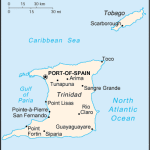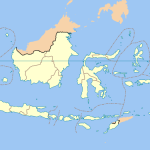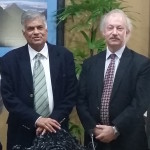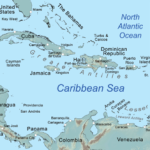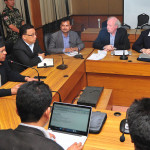 In August, the Green Climate Fund (GCF) published a draft Information Disclosure Policy for purposes of public consultation. Once finalised, the Policy will replace the GCF’s Interim Information Disclosure Practice, adopted in October 2013. Moves to adopt a longer-term policy in this area are welcome. However, a Submission supported by CLD and endorsed by a number of other NGOs highlights the vastly overbroad regime of exceptions in the draft Policy, which seriously undermines its potential to ensure access to information.
In August, the Green Climate Fund (GCF) published a draft Information Disclosure Policy for purposes of public consultation. Once finalised, the Policy will replace the GCF’s Interim Information Disclosure Practice, adopted in October 2013. Moves to adopt a longer-term policy in this area are welcome. However, a Submission supported by CLD and endorsed by a number of other NGOs highlights the vastly overbroad regime of exceptions in the draft Policy, which seriously undermines its potential to ensure access to information.
Click here to read the Submission
Click here to read the draft Policy
“The GCF’s new draft Policy has some positive features, including the fact that it is designed around a proper presumption in favour of disclosure”, said Toby Mendel, Executive Director of CLD. “However, the exceptions dominate the draft, covering a broad range of internal documents and granting third parties a veto over the disclosure of information.”
The draft Policy includes more detailed rules on lodging and processing requests for information and creates an appeals body to process complaints. However, serious weaknesses remain, including the following:
• It fails to establish minimum rules regarding the proactive publication of information.
• The time limits for processing requests are too long and the rules on fees are unclear.
• The rules for disclosing information in the public interest apply only in ‘exceptional’ cases and there is a negative public interest override.
• There are several unnecessary or unduly broad exceptions, as well as exceptions which are not based on the idea of protecting interests against harm.
• The oversight body – the Information Appeals Panel – is dominated by officials rather than being independent, and is not required to provide reasons for its decisions.
CLD urges the GCF to revise the draft Policy so as to address the concerns raised in our Submission and to bring it in more fully into line with international standards.
For further information, please contact:
Toby Mendel
Executive Director
Centre for Law and Democracy
Email: toby@law-democracy.org
+1 902 431-3688
www.law-democracy.org
twitter: @law_democracy






